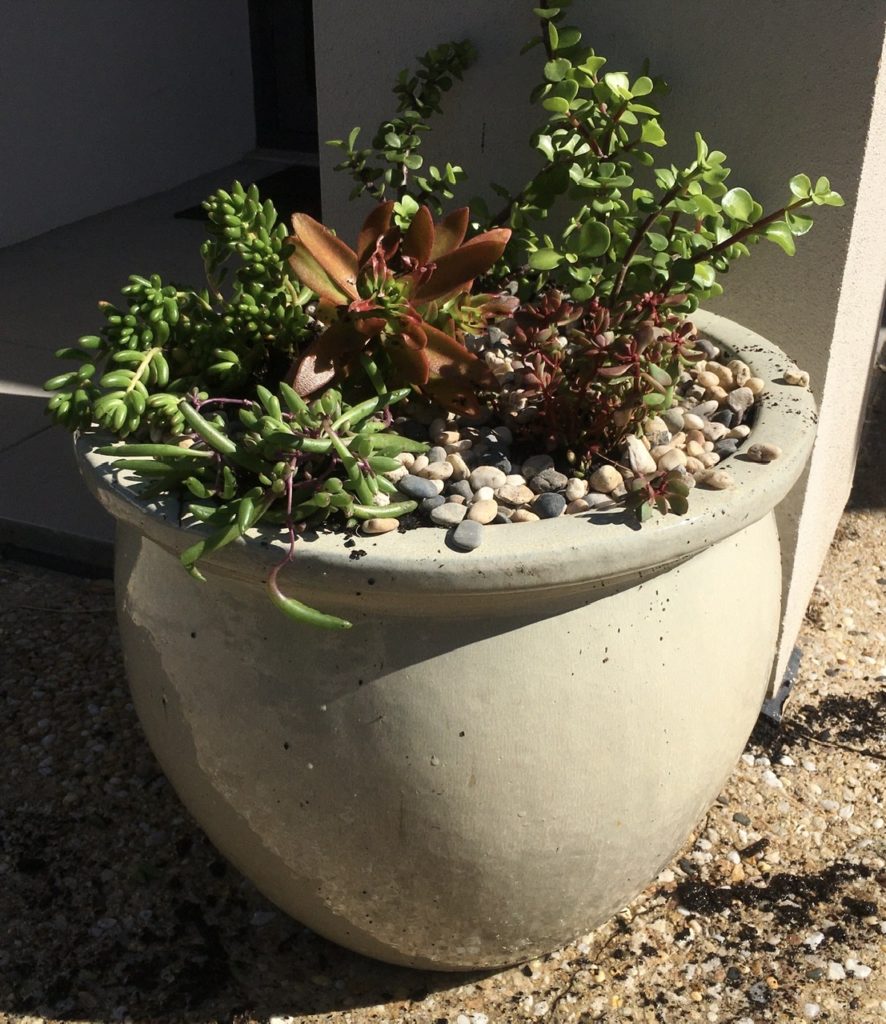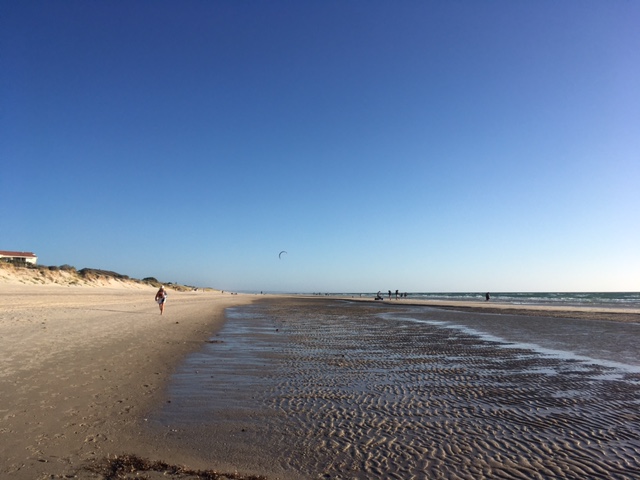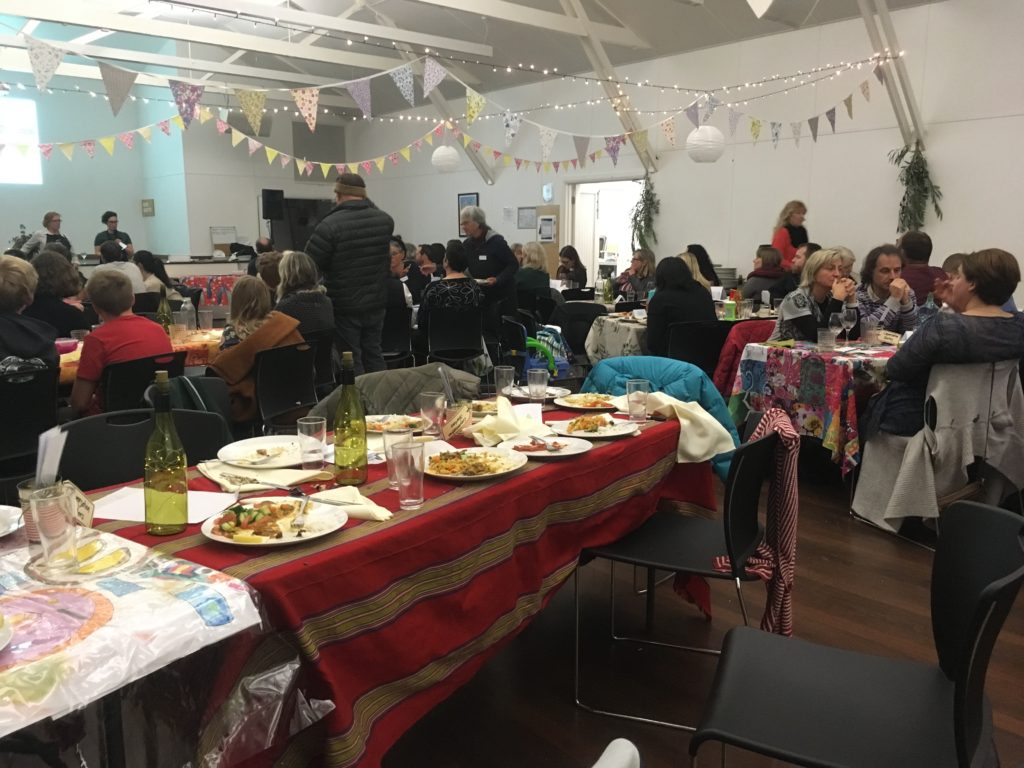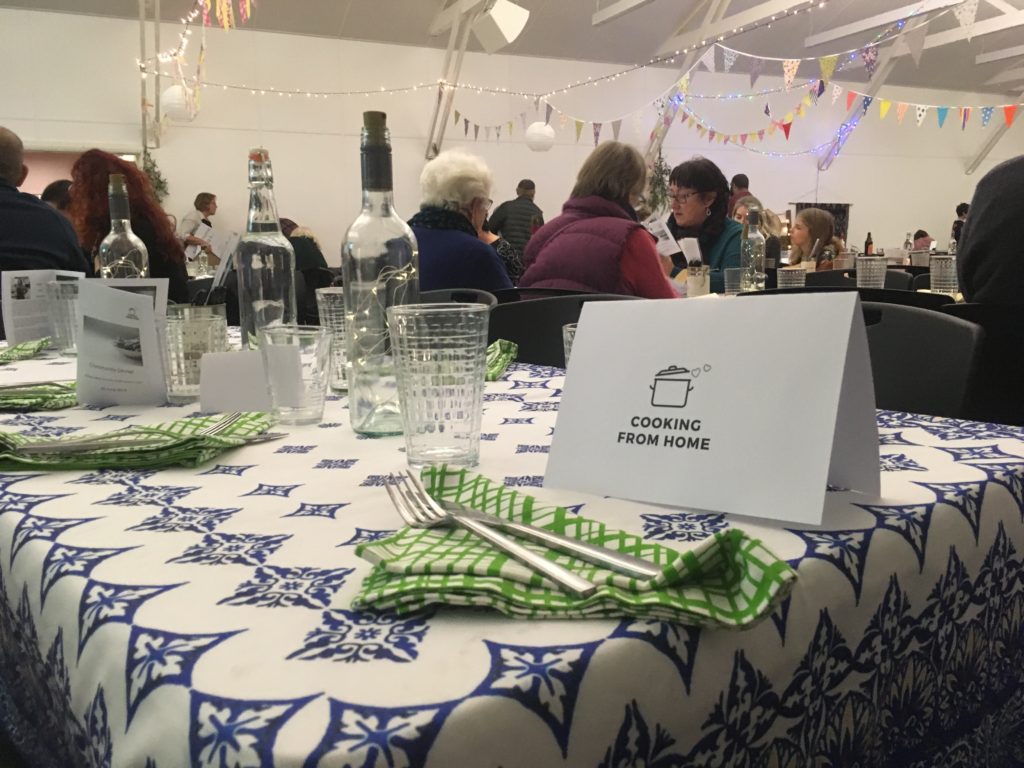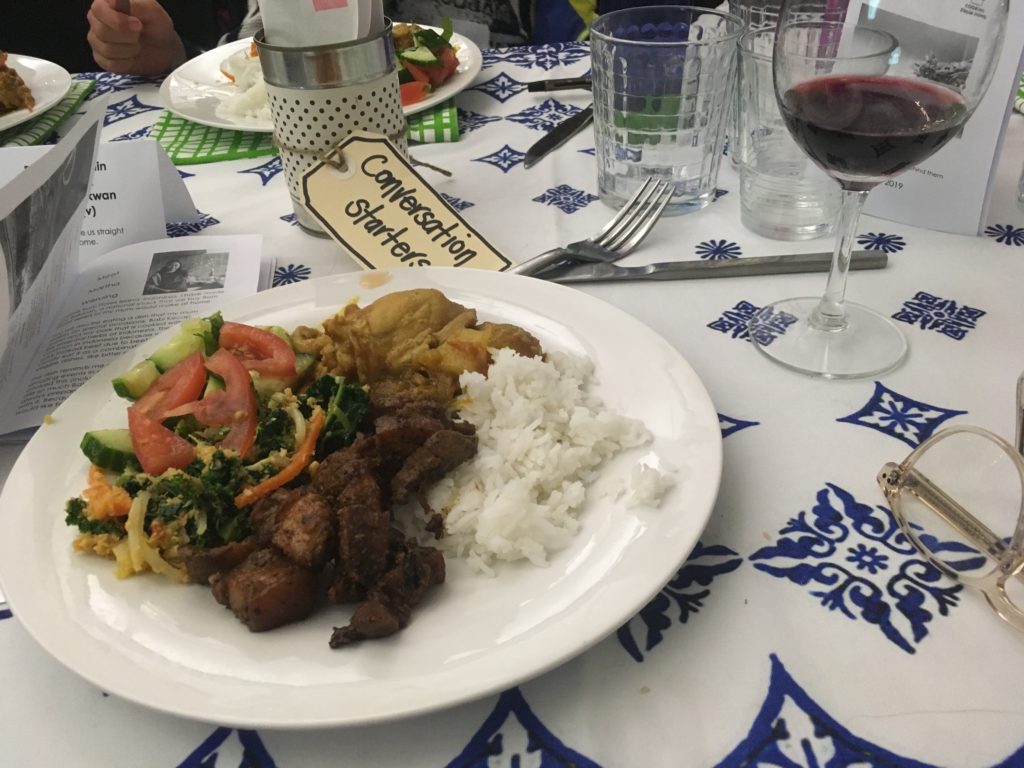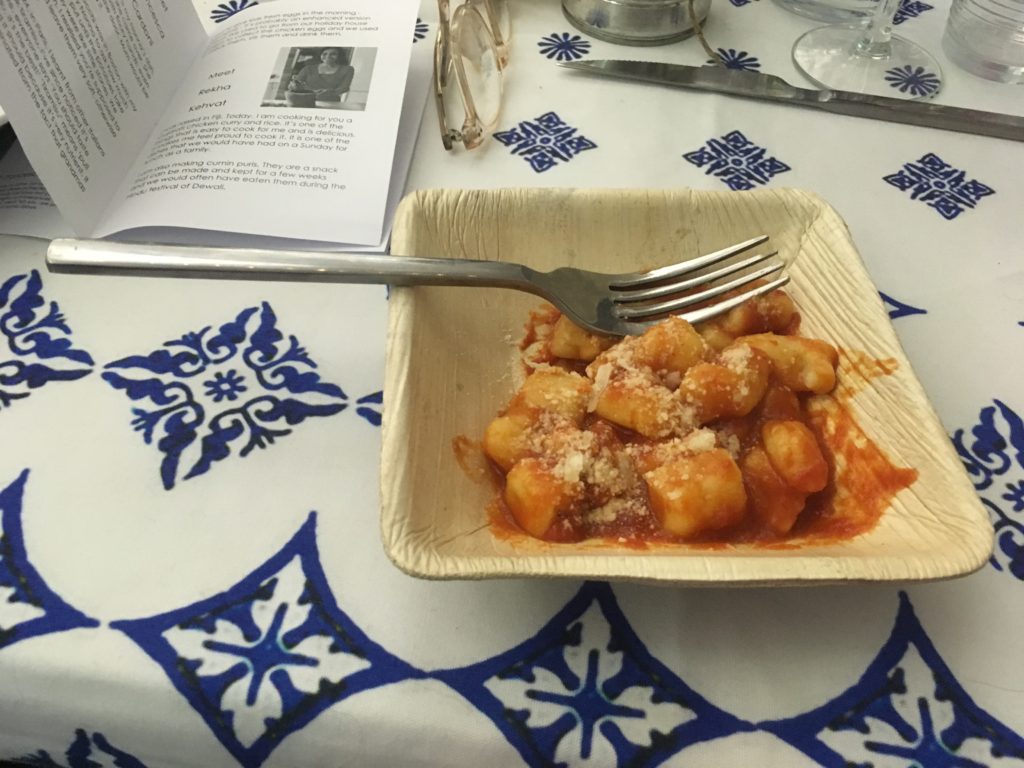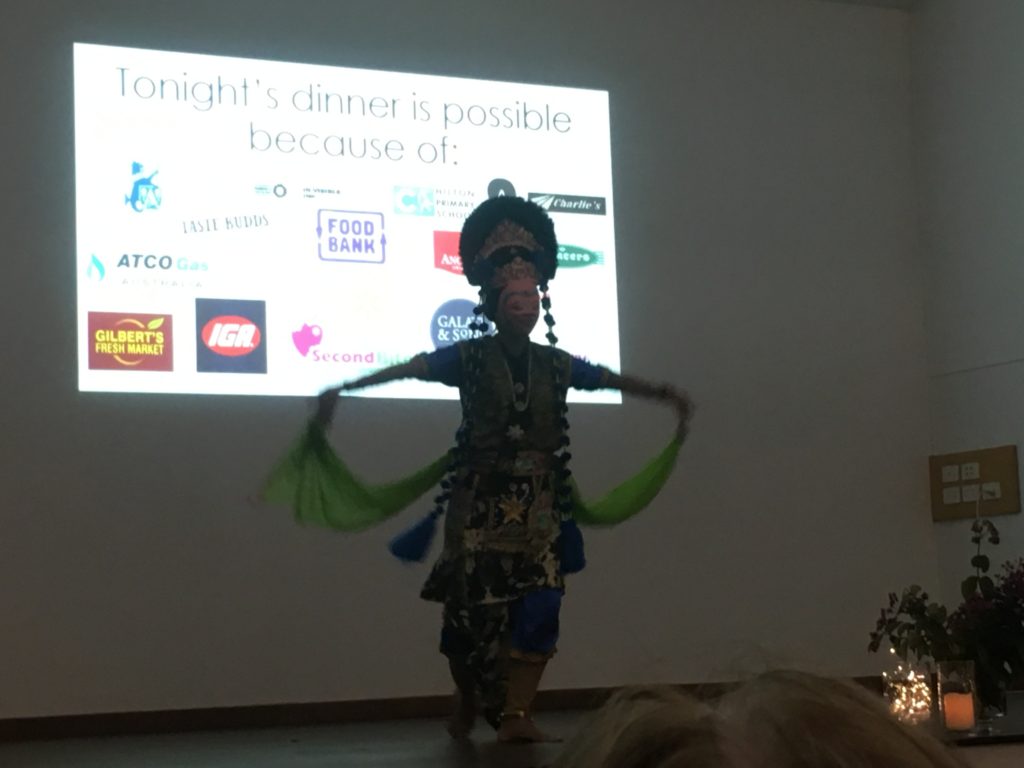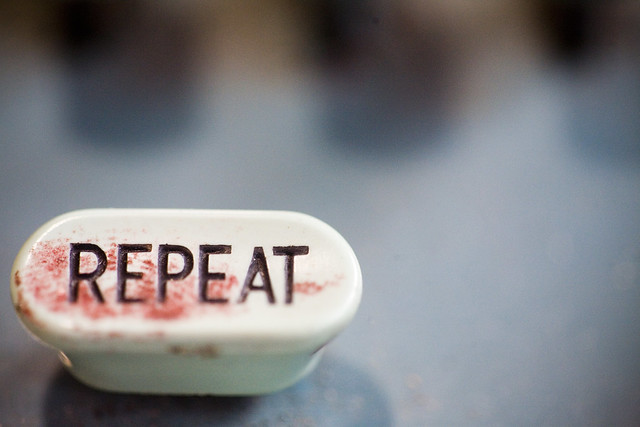Anyone been through similar … or have sage words of advice for deciding what to do next?
2010
A decade ago I was the right side of my forties, married and twenty years into a stable relationship, with two dependent kids. I had an ongoing job in academia and had paid off my house. I was more or less physically fit and had just completed a Masters degree.
Australia had its first female Prime Minister, the United States its first black president. Economist Ross Garnaut was working on a second comprehensive and scientifically-rigorous review on Australian government action to minimise climate change. (Spoiler: Recommended action was not taken).
I was kind of hopeful, but stressed by trying to keep all the balls in the air, with little time for myself.
2020
Entering 2020, I am the wrong side of my forties, divorced and single. My kids are more or less independent, although each is living with one of their parents. My job was made redundant a month ago, allowing me to once again pay off my house. I am in the gym most days and enrolled in a PhD.
People I do not respect, who seem incapable of compassion or making wise decisions, have been bought (yes – bought!) to power by interests that value what I do not, in nations with capacity to change our planet.
In the last week, after months of the east coast burning beyond what I could have imagined 10 years ago, there was severe flooding in Queensland, a massive dust storm over Dubbo and hail the size of golf-balls fell on my nation’s capital.
I am frankly terrified for the future of the planet, either through climate emergency or a man-child temper tantrum that takes the world with it. I suddenly have far more time each day to do things slowly and well, and generally what I do is determined by my needs and wants, not a clamour of others.
But, what is it that I want to do, or should do?
With this backdrop, I need to decide what to do with the rest of my life.
I understand that my position is enviable and a result of being born privileged. I am not held by debt or kids or ill-health or a relationship or an ongoing job (although I am very lucky and grateful to have a half-time position, in a job I like, covering parental leave for a year). I do need and want to be employed.
I am not sure I have a template for how to make the decisions I need to. I suspect that, with so many possible paths, many options will turn out to be just as good. I just need to pick one. Which?
Life is short, precarious and full of the unexpected. I know that good fortune today can turn to circumstances almost impossible to bear within a microsecond.
Do I breathe out for a while, enjoy the stability and extra time and ramp up the yoga classes ?
Do I devote all my time to finishing my PhD? Or drop it because I don’t need it for my job any more?
What about finding a partner? People do that and it’s fun. Or moving into community like a baugruppen or cohousing? Or opening my house to refugees?
Should I move interstate or overseas for a higher paying job that maintains seniority, or just for the change of scenery…. or try to find something as close to home as possible and finally get rid of my commute?
Should I maximise what I can earn now, this far out from retirement where I still have compound interest to make a difference? Or aim to work at something high-paying so I can invest in a property that will allow my more-dependent child to live independently and not at home with me? Or should *I* leave home and downsize to a small flat for myself and leave him in the big house?
Do I change careers? To what? What am I even interested in? Or good at? Do I go wildly out on a limb and do something totally different? Am I done with librarianship/education/communication/universities?
Or is time more valuable than money at this stage in my life, and should I aim for part-time work that allows me to grow in other areas?
Potter in the garden, bake fabulous cakes, sew floaty bright dresses, read my backlog of fiction, paint the walls, take up the flute again, de-clutter the loft, finally learn to code properly, catch up with neighbours and old friends, foster homeless kittens, go back in a serious way to fencing or kayaking or skating or swimming or snorkeling or running or… ??
Should I travel while I am still fit enough to enjoy it? Take a few months of the long service leave that was paid out last month, and that I had been looking forward to for years? What about volunteering abroad?
Being the wrong side of forty five, where even the best people can find it difficult to get employment, can I afford to take time out at all and should I be doing everything I can to try to get a stable full-time position?
Should I focus more on helping and equity ? Use my relatively advantageous position to help other people who are not in the same boat, with far fewer choices? Whom? How?
Or, given the mess the planet is in, focus all my energy and heart into trying to make a difference there? Repaying the debt that allows me to even THINK about so many options at the expense of my grandchildren and non-human life that shares the planet.
A few years ago, Anne Holmes suggested reading Transitions by William Bridges, a work I have returned to several times in the last decade. It provides some useful exercises around understanding how old patterns influence what we do in times of great change.
I know I should be grateful, possibly mainly because I am living somewhere habitable at the moment… and just buckle down and get on with it.
But which “it” would that be?






